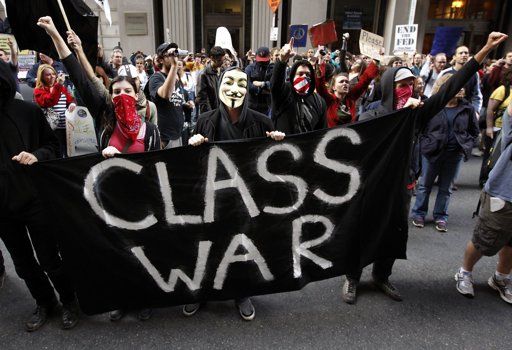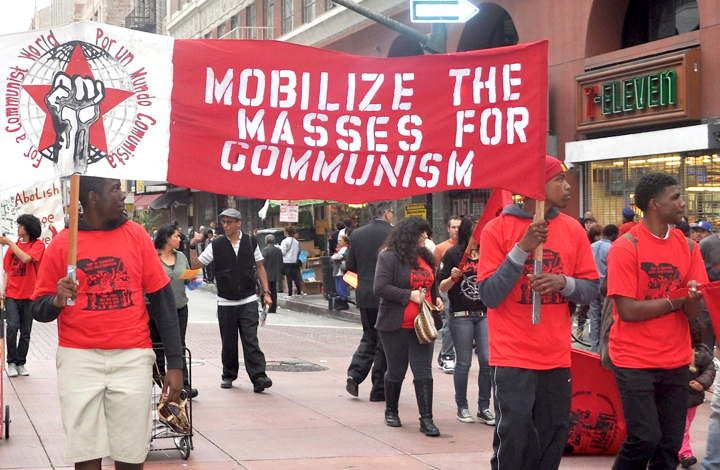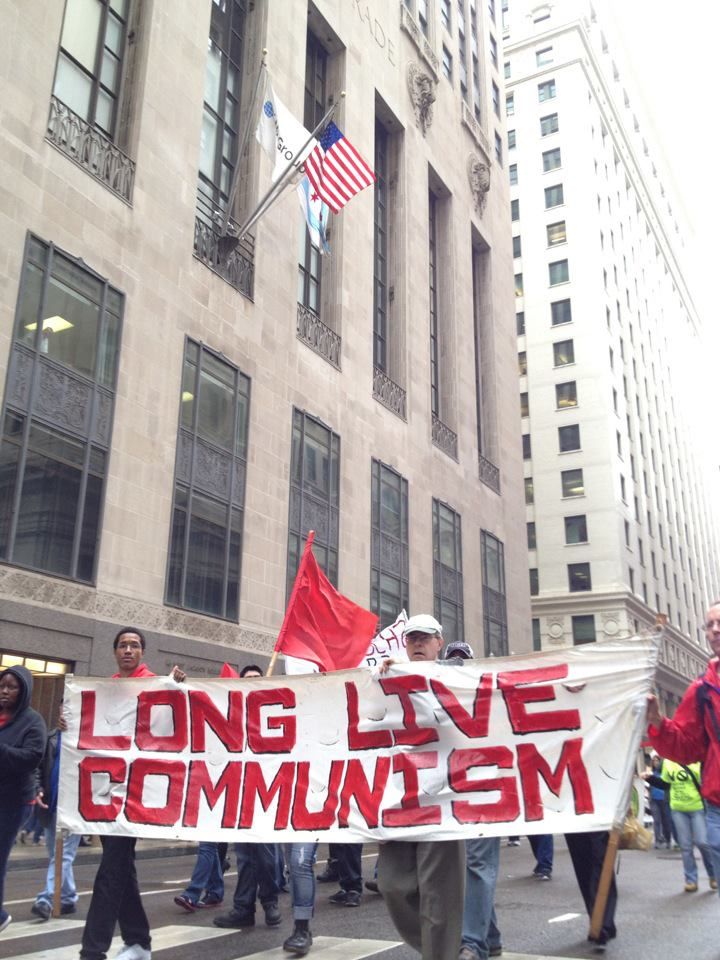Tag: Tough History Coming
“Our first purpose was not to be noticed.”
The crisis is that if projections are accurate, Luna is going to run out of water soon, and Earth doesn’t care and doesn’t want to know. And they want “the convicts” to just do their jobs and feed Earth.
Our first purpose was not to be noticed. Long distance purpose was to make things worse as much as possible. Yes, worse. Never was a time, even at last, when all Loonies wanted to throw off Authority, wanted it bad enough to revolt. All loonies despised Warden and cheated Authority. Didn’t mean they were ready to fight and die.
- Instill fear
- Lock people in their houses
- Drive tens of millions out of work
- Remove the pressure valves: sports, concerts, bars, theaters. lunch with friends
- Close the churches
- Dehumanize through masking the healthy
- Wait
- Strike match






“The Whole Aim of Practical Politics…
The COVID19 outbreak might be bad for the stock market, but it’s certainly been a boon for very specific sectors of the economy. The gun industry, used to such boom/bust cycles, knows how to respond – but other sectors might not be so acclimated.Here at Omaha Outdoors, we’ve been inundated with inquiries from out-of-state folks – many from California – asking if we can ship them a gun directly. The answer is, of course, no. Despite what politicians and many in popular media claim, you can’t buy a gun online and have it shipped to your house. Well, you could, if you were a federally licensed firearm dealer (or federally licensed curio and relic collector) and your home was your place of business. Other than that, no, you can’t buy a gun online and have it shipped, especially across state lines, to your home.
And my friends who work at other gun stores have seen a crazy surge in gun buying too, with one noting that their one-day sales total exceeded Black Friday by 25%, and that 75% of buyers were purchasing their first gun.
Seen in the Wild
Quote of the Day – Oren Litwin Edition
From the comments here many many moons ago when he was still a PhD candidate in Political Science, (and followed this blog) Oren Litwin wrote this:
If the non-socialist end of the political spectrum cannot create a political philosophy that is both good theory and emotionally appealing, we’re doomed.
Any political philosophy that is not self-reinforcing is by definition not the best political philosophy. Libertarianism (with a small “l”) features a stoic acceptance of individual risk (i.e. the lack of government intervention) for the sake of long-term freedom and prosperity–yet takes no measures to ensure that the society educates its young to maintain that acceptance of risk. The equilibrium, if it ever exists in the first place, is unstable and will collapse.
This aside from the fact that libertarianism is emotionally cold and unfulfilling to most people, who have not trained themselves to consider lack of outside restraint to be worth cherishing.
Yup. We’re doomed.
Got a Couple of Hours?
I’m not a fan of Glenn Beck, but as a friend put it, “sometimes he lays down information that’s tough to refute.” Give this a watch. Your tinfoil hat might blow off. [youtube https://www.youtube.com/watch?v=si-vMj-FB88]
Yes, Virgina, There is a Deep State
From Arthur Chrenkoff:
The media and the left (but I repeat myself) have spent the past three years ridiculing the concept of the “Deep State” and those who subscribe to its existence. We have been told it’s a crazy right-wing conspiracy theory to believe that some public servants, mostly in the fields of intelligence, law enforcement and diplomacy, might cooperate in informal cabals to pursue their preferred policies regardless of who is in power and to protect their fiefdoms from oversight, interference and the executive, legislative and judicial control. To wonder whether some influential people in the federal bureaucracy, connected through a revolving door with the progressive establishment, might have contemplated preventing the election of their bete noire and his removal from office once their initial efforts proved unsuccessful invited accusation of delusion and paranoia.
This narrative is now officially old and busted. The new and hot one: the Deep State exists and it’s good.
RTWT on this one, too.
I’m reminded of a previous QotD from Stephen Green:
Once you’ve convinced yourself that your job is to protect the proles from themselves, any foul action you take becomes excusable, or even noble. That’s progressivism in a nutshell.
Quote of the Day – Angelo Codevilla, Part 3
From Interview with Angelo Codevilla, a two-fer – one from the interviewer, David Samuels:
…there is no such thing as America anymore. In place of the America that is described in history books, where Henry Clay forged his compromises, and Walt Whitman wrote poetry, and Herman Melville contemplated the whale, and Ida Tarbell did her muckraking, and Thomas Alva Edison invented movies and the light bulb, and so forth, has arisen something new and vast and yet distinctly un-American that for lack of a better term is often called the American Empire, which in turn calls to mind the division of Roman history (and the Roman character) into two parts: the Republican, and the Imperial.
While containing the ghosts of the American past, the American Empire is clearly a very different kind of entity than the American Republic was—starting with the fact that the vast majority of its inhabitants aren’t Americans. Ancient American ideas about individual rights and liberties, the pursuit of happiness, and so forth, may still be inspiring to mainland American citizens or not, but they are foreign to the peoples that Americans conquered. To those people, America is an empire, or the shadow of an empire, under which seemingly endless wars are fought, a symbol of their own continuing powerlessness and cultural failure. Meanwhile, at home, the American ruling elites prattle on endlessly about their deeply held ideals of whatever that must be applied to Hondurans today, and Kurds tomorrow, in fits of frantic-seeming generosity in between courses of farm-to-table fare. Once the class bond has been firmly established, everyone can relax and exchange notes about their kids, who are off being credentialed at the same “meritocratic” but now hugely more expensive private schools that their parents attended, whose social purpose is no longer to teach basic math or a common history but to indoctrinate teenagers in the cultish mumbo-jumbo that serves as a kind of in-group glue that binds ruling class initiates (she/he/they/ze) together and usefully distinguishes them from townies during summer vacations by the seashore.
The understanding of America as an empire is as foreign to most Americans as is the idea that the specific country that they live in is run by a class of people who may number themselves among the elect but weren’t in fact elected by anyone. Under whatever professional job titles, the people who populate the institutions that exercise direct power over nearly all aspects of American life from birth to death are bureaucrats—university bureaucrats, corporate bureaucrats, local, state and federal bureaucrats, law enforcement bureaucrats, health bureaucrats, knowledge bureaucrats, spy agency bureaucrats. At each layer of specific institutional authority, bureaucrats coordinate their understandings and practices with bureaucrats in parallel institutions through lawyers, in language that is designed to be impenetrable, or nearly so, by outsiders. Their authority is pervasive, undemocratic, and increasingly not susceptible in practice to legal checks and balances. All those people together comprise a class.
And one from Prof. Codevilla:
(T)he Democrats (are) the senior partners in the ruling class. The Republicans are the junior partners.
The reason being that the American ruling class was built by or under the Democratic Party. First, under Woodrow Wilson and then later under Franklin Roosevelt. It was a ruling class that prized above all its intellectual superiority over the ruled. And that saw itself as the natural carriers of scientific knowledge, as the class that was naturally best able to run society and was therefore entitled to run society.
The Republican members of the ruling class aspire to that sort of intellectual status or reputation. And they have shared a taste of this ruling class. But they are not part of the same party, and as such, are constantly trying to get closer to the senior partners. As the junior members of the ruling class, they are not nearly as tied to government as the Democrats are. And therefore, their elite prerogatives are not safe.
RTWT. It’s pretty interesting. Depressing, but interesting.
Quote of the Day – Angelo Codevilla Edition, Pt. 2
From the same essay as yesterday, Our Revolution’s Logic:
Unattainable, and gone forever, is the whole American Republic that had existed for some 200 years after 1776. The people and the habits of heart and mind that had made it possible are no longer a majority. Progressives made America a different nation by rejecting those habits and those traditions.
Depressing, but accurate.
Quote of the Day – Angelo Codevilla Edition
From his 2018 essay Our Revolution’s Logic – RTWT:
The logic is rooted in disdain, but not so much of any of the supposed inferiors’ features or habits. If it were, the deplored could change their status by improving. But the Progressives deplore the “deplorables” not to improve them, but to feel good about themselves. Hating people for what they are and because it feels good to hate them, is hate in its unalloyed form.
And this is why they have to disarm us.


